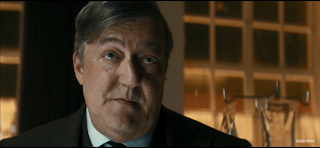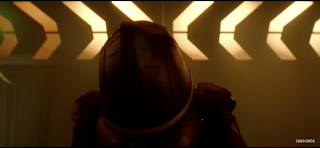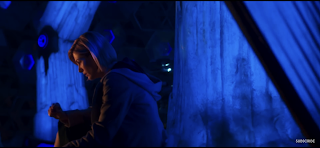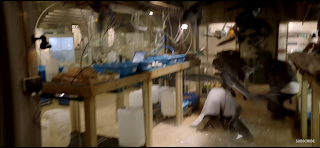In a world where reboots, remakes and original concepts are the prime of Hollywood, sequels don't quite hold the same levity as they did once up a time. Here we look at one such example of a franchise that ultimately suffered because of that very change of pace. Men In Black.
When Men In Black made debuted in 1997, it was a fantastic take on all things science fiction whilst also blending in an element of comedy. On a budget of $97 million, it made over $500 million at the worldwide box office and part of that was bound to be because of the casting of Will Smith and Tommy Lee Jones, both being popular names throughout the 90's, having had a lot of success in both TV and film productions throughout the decade as well as Will's music career being the height of 90's entertainment.
The commercial success of Men In Black in 1997 meant a sequel was greenlit that would bring back Will and Tommy Lee as agents J and K respectively. However the sequel wouldn't arrive until five entire years after the first movie opened and at that time, five years was a hell of a long time to wait for a sequel and the interest would've been lost a long time before Men In Black II opened in July 2002. The sequel was made on a budget of $140 million, up $50 million on the original and ultimately also made less at the worldwide box office, reaching a total of $441 million. Still it was good enough to grant a third entry into the series and this, unfortunately, is where it all started to go wrong.
Men In Black 3. The sequel which in retrospect, probably shouldn't have happened at all. The third and final film in the original Men In Black series took an entire decade to reach cinemas after the original sequel and opened in May 2012. Years of script re-writes, tensions behind the scenes between director Barry Sonnenfield and producer Walter Parkes and production delays meant the movie took double the length of time that had passed between Men In Black and Men In Black II. As you can imagine, this had a profoundly negative impact on audience interest. The final budget came in at $215 million meaning that MIB3 was the most expensive movie yet and despite the decade gap, it made a respectable $624 million at the worldwide box office meaning it was actually more financially and commercially successful than the previous entry into the series. Unfortunately however, it was still the last film for Will Smith and Tommy Lee Jones.
Per Sony's 2014 leaked emails, it was revealed that Sony planned to potentially soft reboot the MIB franchise by crossing it over with their Jump Street franchise that starred Channing Tatum and Jonah Hill. In fact at one point, it was almost a certainty as a logo was unveiled at their CinemaCon trade convention presentation as well as the appointment of director James Bobin. However MIB 23 hasn't happened and according to Walter Parkes, it now won't be happening at all. So we can officially deem MIB 23 as dead.
Jump ahead to 2018 and Sony greenlit a Men In Black spinoff that would introduce two brand new agents as well as taking the MIB brand....well, international. Chris Hemsworth signed on to play the lead character agent H in February 2018 with his 'Thor : Ragnarok' co-star, Tessa Thompson joining the following month. Liam Neeson later joined and Emma Thompson reprised her role as O following her first appearance in Men In Black 3 where she took over as the director of MIB's New York headquarters. The partnership of Chris and Tessa seemed to be a guarantee of success for MIB International but unfortunately, more was going on behind the scenes that ultimately caused the MIB spinoff to flop at the box office.
Tensions were once again growing between producer Walter Parkes and the MIB International director F. Gary Gray who persistently ordered script rewrites and eventually took over directorial duties, possibly violating rules of the Directors Guild Of America. In the end, the studio tested two different cuts of the movie, one by its actual director F. Gary Gray and the other by Walter Parkes and unfortunately for both the audience and Gray, Parkes' cut ended up being the one chosen to be released in theatres. On a final budget of $110 million, the film scraped a measly $253 million at the worldwide box office meaning it is the lowest grossing film in the franchise and least profitable overall. It may have done better had we seen the directors original vision but we'll never know. Perhaps the interest just isn't there for Men In Black. Long gaps between films, the market for science fiction cinema becoming saturated as it is and the brand not being especially popular are likely to contribute to the overall failure of the Men In Black franchise. Dare i jest, #ReleaseTheGaryGrayCut?
Maybe one day we'll see some kind of continuation or full reboot of Men In Black.
For now though, just look right here.









































































